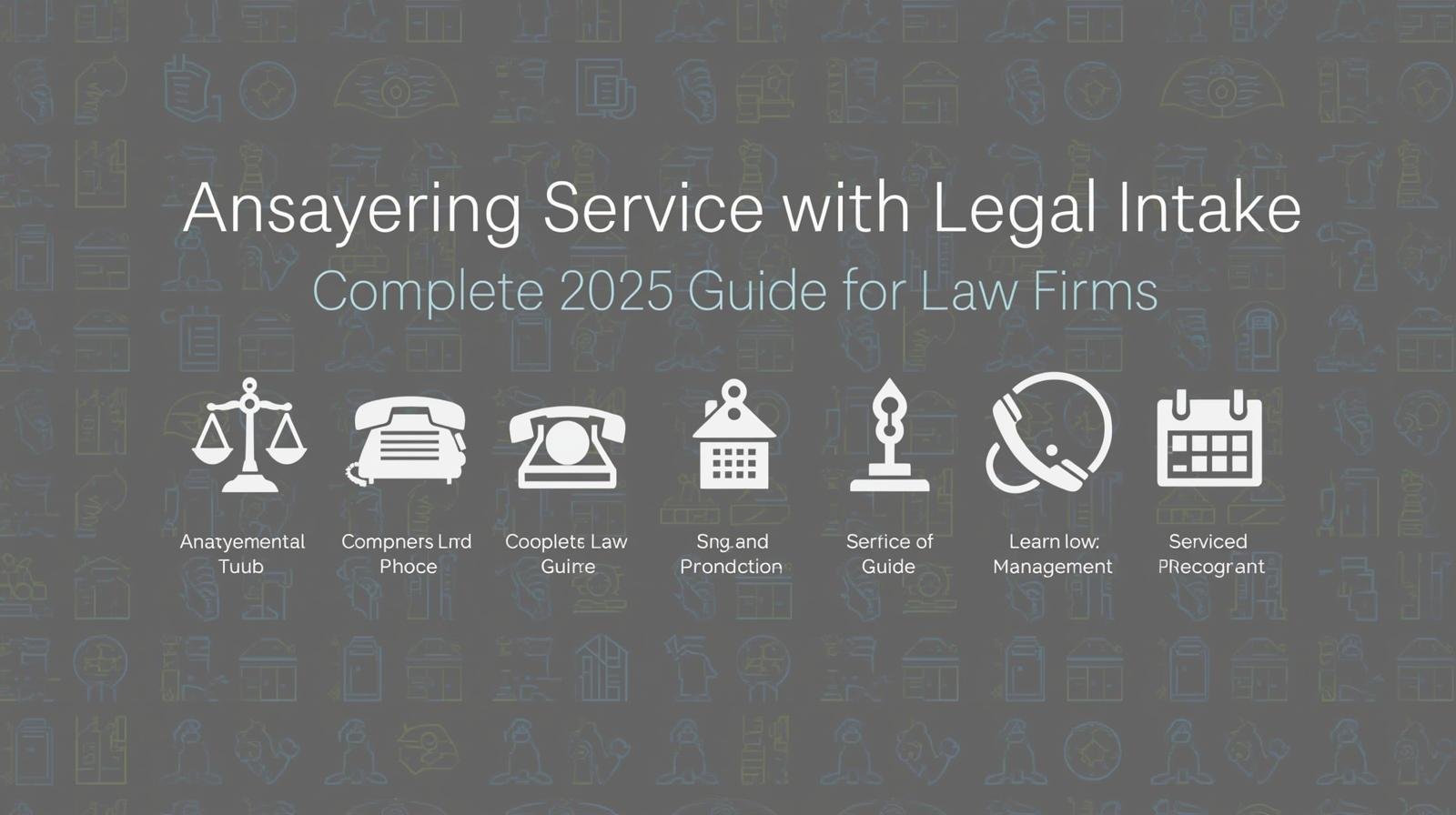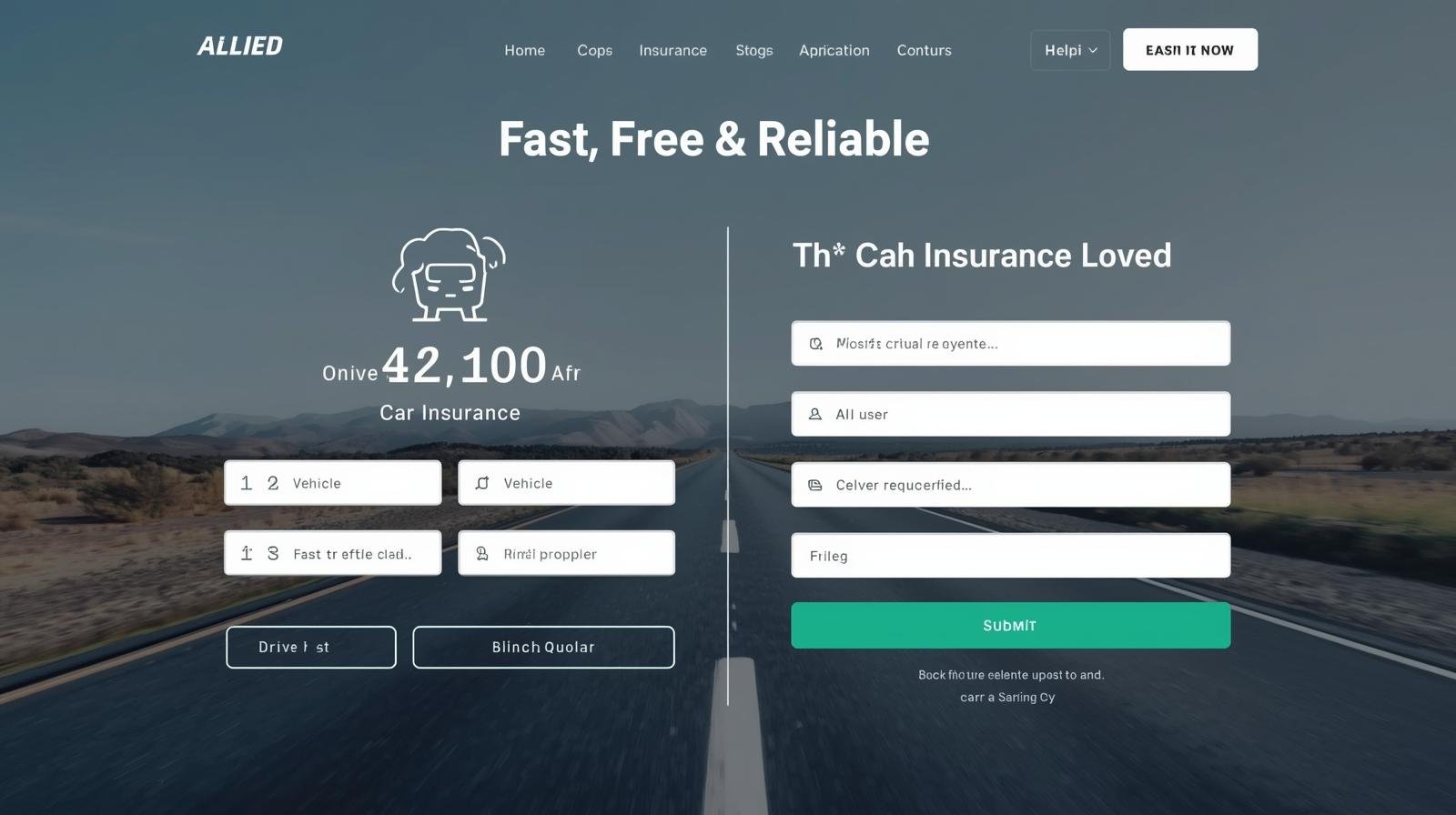
Life insurance proceeds are generally not taxable to the beneficiaries if they are paid out as a death benefit. However, there are specific scenarios where they may be subject to taxes:
1. Estate Tax
If the life insurance proceeds are included in the deceased’s estate, they may be subject to federal estate tax if the estate’s total value exceeds the federal estate tax exemption limit (as of 2024, the exemption is $12.92 million for individuals).
- Example: If the insured owns the policy at the time of death, the proceeds may be part of their estate. To avoid this, ownership can be transferred to another person or an irrevocable life insurance trust (ILIT).
2. Interest Income
If the proceeds are not paid immediately but instead held by the insurance company and distributed later (e.g., in installments), the interest earned on those proceeds is taxable as income to the beneficiary.
- Example: A $500,000 policy held by the insurer earns $20,000 in interest before payout. The $500,000 is tax-free, but the $20,000 interest is taxable.
3. Transfer for Value Rule
If the life insurance policy is sold or transferred to another party for value (e.g., in a life settlement), the proceeds may be partially taxable.
- Exception: Transfers to a spouse, business partner, or specific trusts generally avoid this tax.
4. Employer-Provided Life Insurance
If life insurance is provided by an employer and the coverage exceeds $50,000, the value of the excess coverage may be considered taxable income to the employee, as reported on a W-2 form.
5. Accelerated Benefits
If the insured accesses part of the death benefit while still alive due to a terminal or chronic illness, these benefits are usually tax-free. However, if not used for qualifying expenses, there could be tax implications.
When Beneficiaries Should Seek Advice
Beneficiaries should consult a tax professional or financial advisor if:
- The estate is large and potentially taxable.
- The policy involves a complex ownership or transfer arrangement.
- Proceeds are paid in installments or include interest.
Read more: Will life insurance cover mortgage
When life Insurance is Taxable

Life insurance is typically not taxable, but there are certain scenarios where it can be. Here’s a breakdown of when life insurance proceeds or benefits might be subject to taxes:
1. Estate Tax
If the insured owns the policy at the time of their death, the proceeds may be included in their taxable estate, potentially triggering federal or state estate taxes.
- Threshold: For 2024, the federal estate tax exemption is $12.92 million for individuals. If the estate exceeds this amount, the proceeds could be taxed.
- Solution: Transfer ownership of the policy to an irrevocable life insurance trust (ILIT) or another party at least three years before death to avoid inclusion in the estate.
2. Interest Earned on Proceeds
If life insurance proceeds are held by the insurance company after the insured’s death and paid out over time, any interest earned during this period is taxable to the beneficiary as income.
- Example: A $1 million policy held for five years earns $50,000 in interest. The $1 million remains tax-free, but the $50,000 interest is subject to income tax.
3. Transfer for Value Rule
If a life insurance policy is sold or transferred for value (e.g., in a life settlement), the proceeds may become partially taxable.
- Exceptions: Transfers to a spouse, business partner, or a trust do not typically trigger taxes.
4. Employer-Provided Group Life Insurance
For employer-provided life insurance, the IRS excludes the first $50,000 of coverage from taxable income. Any coverage above this amount is considered imputed income and taxed accordingly.
- Example: If an employee has $200,000 in employer-provided coverage, the taxable portion is based on the coverage above $50,000.
5. Cash Value Withdrawals or Surrenders
For permanent life insurance policies (e.g., whole or universal life) with a cash value component:
- Withdrawals above the amount of premiums paid (the “cost basis”) are taxable as income.
- If the policy is surrendered, any gains above the cost basis are taxable.
6. Modified Endowment Contracts (MECs)
If a life insurance policy is classified as a Modified Endowment Contract, distributions, loans, or withdrawals are taxed as ordinary income if they exceed the policy’s basis. Additionally, a 10% penalty applies if the owner is under age 59½.
7. Accelerated Death Benefits
Benefits paid out early due to a terminal illness are typically not taxable if the insured meets specific IRS criteria. However, if they don’t qualify, these benefits may be taxable.
8. Policy Loans
Loans taken against the cash value of a life insurance policy are usually not taxable unless:
- The policy lapses.
- It is surrendered with an outstanding loan, in which case the loan amount above the basis is taxed.
FAQs
- Are beneficiaries taxed on life insurance payouts? Typically no, but interest earned on delayed payouts is taxable.
- Are there state taxes on life insurance? Some states may impose estate taxes at lower thresholds than the federal exemption.
- What happens if I sell my life insurance policy? Part of the sale proceeds may be subject to income tax, depending on the amount received and the policy’s cost basis.









Leave a Reply